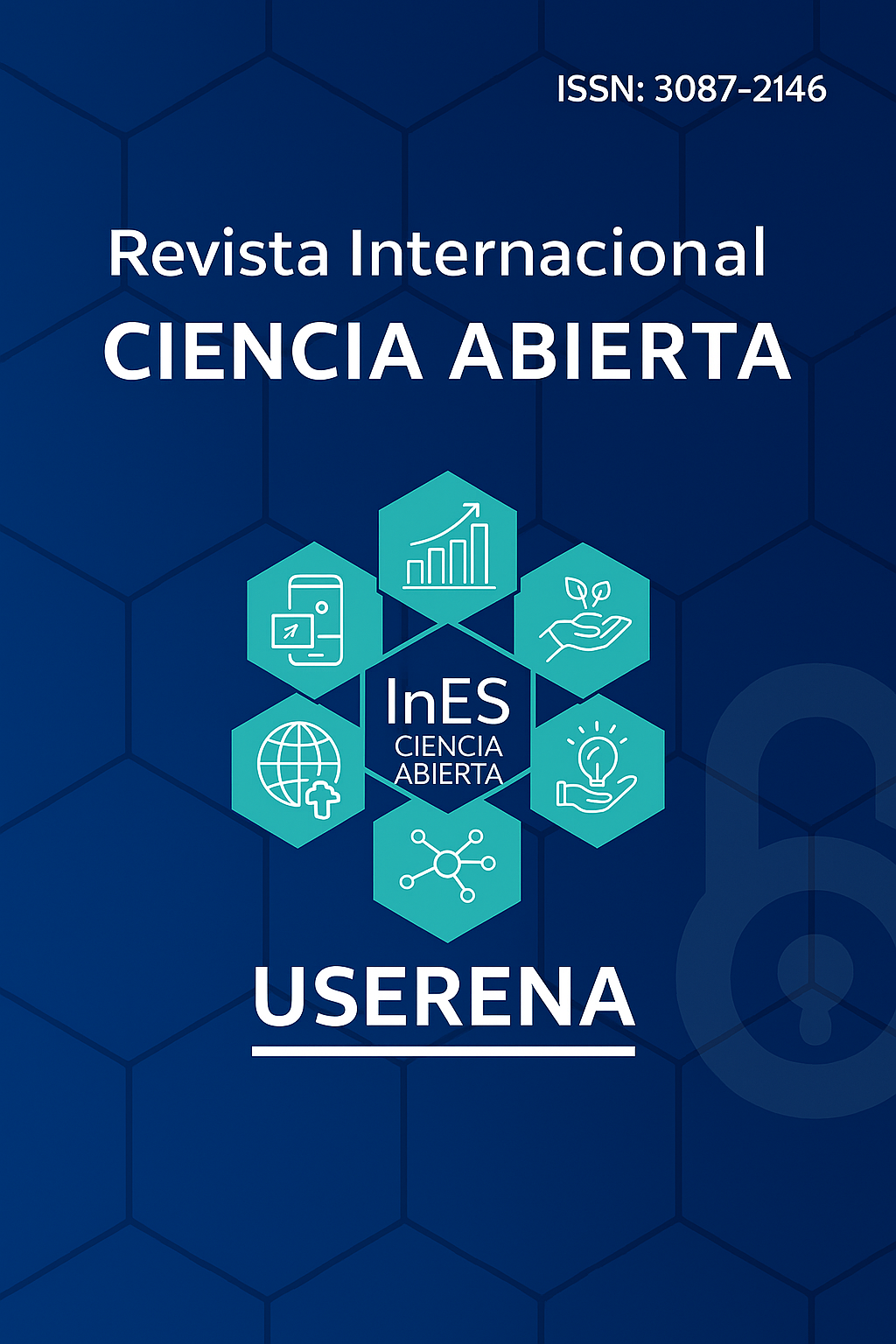Abstract
Over the past decade, Chile has emerged as a strategic player in the global production of astronomical data, hosting over 70% of the world’s ground-based observation capacity. This editorial examines how initiatives such as the Chilean Virtual Observatory (ChiVO) and the ALeRCE project have transformed access to and use of astronomical data through infrastructures grounded in open science principles, interoperability, and local development. Advances in artificial intelligence, distributed computing, and technology transfer are highlighted as direct outcomes of these policies. Chile’s experience demonstrates that open data can enhance technological sovereignty and position the country as a key node in the global open science ecosystem.
References
Economía, M. (2012). Capacidades y oportunidades derivadas de la astronomía en Chile. Informe final.
Förster, F., Cabrera-Vives, G., Castillo-Navarrete, E., Estévez, P. A., Sánchez-Sáez, P., Arredondo, J., & Vergara, J. R. (2020). The automatic learning for the rapid classification of events (ALeRCE) alert broker. arXiv preprint.
https://arxiv.org/abs/2008.03303
Massardi, M. (2023). The ARI-L project and the ALMA Science Archive development.
Solar, M., & Araya, C. (2015). Open skies with cloud computing. In E. Tambouris et al. (Eds.), Electronic government and electronic participation (pp. 132–139). IOS Press.
https://doi.org/10.3233/978-1-61499-570-8-132
Universidad Técnica Federico Santa María. (2024). Ingenieros USM realizan exitosas pruebas de software que operará observatorio en España.

This work is licensed under a Creative Commons Attribution 4.0 International License.

